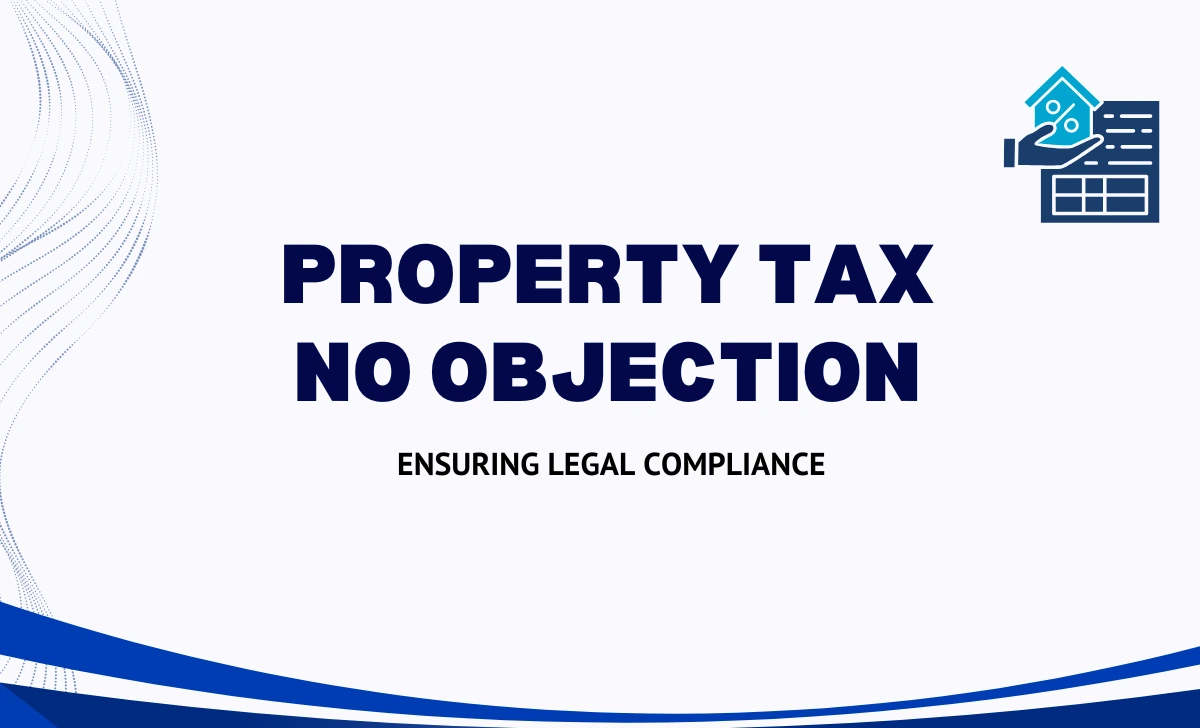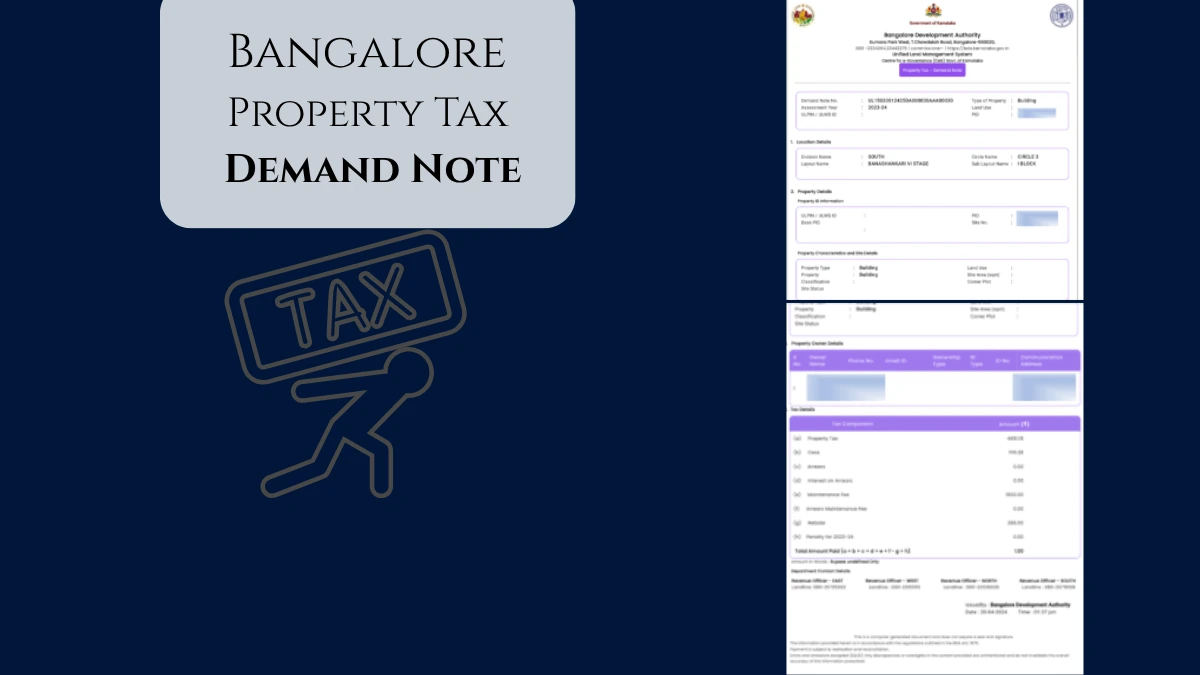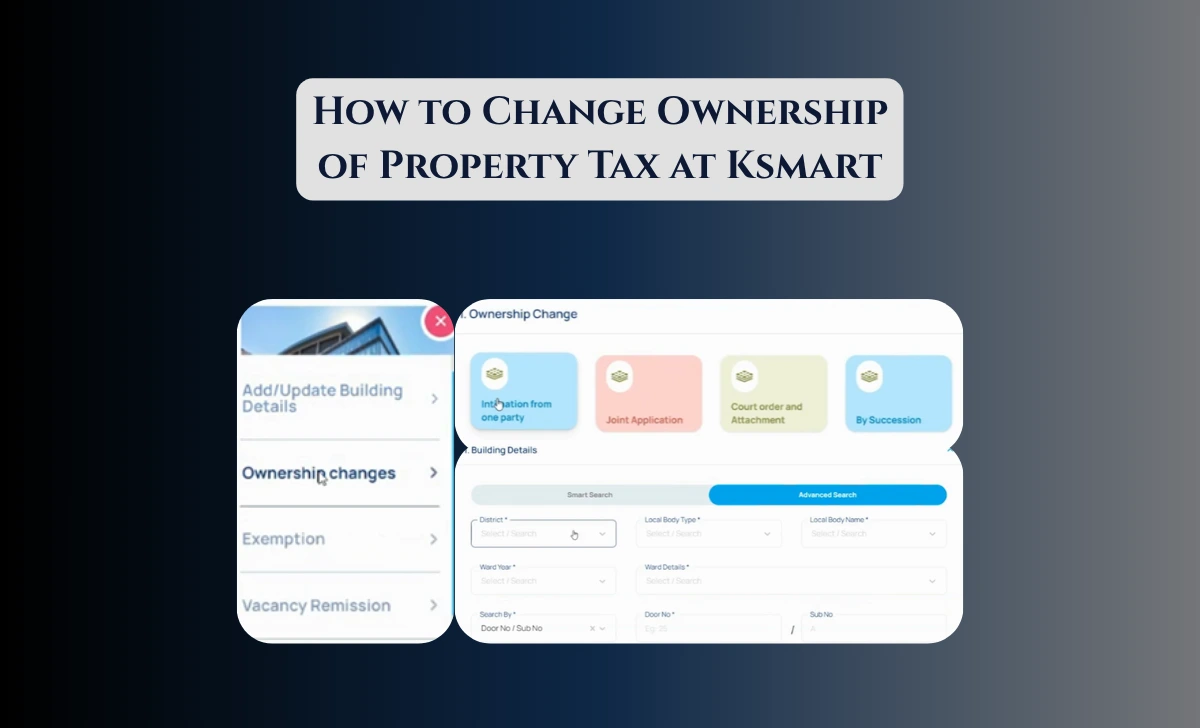The Property Tax NOC or No Objection Certificate, is a vital document in property transactions, ensuring that all legal and regulatory requirements met.
It serves as proof that the property owner has cleared all outstanding property taxes and dues, thereby providing a clean title to the buyer.

Importance of Property Tax NOC
- Legal Compliance: It ensures that the property is free from any legal encumbrances, such as pending property tax payments. This compliance is essential for smooth property transfers and prevents future disputes.
- Prevents Disputes: By verifying that all property taxes paid, an NOC helps prevent disputes between buyers and sellers. It acts as a safeguard against inheriting unpaid taxes or other liabilities.
- Enhances Property Value: A property with a clear NOC is more attractive to buyers, as it signifies that the property is legally sound and free from any financial obligations.
According to real estate experts, “A property tax NOC is not just a formality, it’s a safeguard that protects both buyers and sellers from potential legal issues. It’s essential for maintaining transparency and trust in property transactions.”
Procedure to Obtain Property Tax NOC
Obtaining a tax NOC involves several steps:
- Identify the Issuing Authority: Typically, the local municipal corporation or property department issues the NOC.
- Gather Required Documents: This includes proof of property ownership, tax payment receipts, and identification documents.
- Submit Application: Fill out the application form and submit it along with the required documents and fees.
- Verification Process: The issuing authority verifies the documents and checks for any outstanding dues.
- Issue of NOC: Once verified, this may issued, confirming that the property is clear of any taxes liabilities.
In conclusion, a property tax NOC is indispensable for ensuring legal compliance and facilitating smooth property transactions.
By emphasizing the role of property tax NOC in property transactions, we conclude that it remains a vital component of real estate dealings, ensuring clarity and security for both buyers and sellers, thereby supporting property tax NOC for property transfer.





